
Baffled by technical human rights terms and precise legal definitions? You’re not alone. Here’s a quick glossary of some of the most troublesome words and phrases.

Baffled by technical human rights terms and precise legal definitions? You’re not alone. Here’s a quick glossary of some of the most troublesome words and phrases.
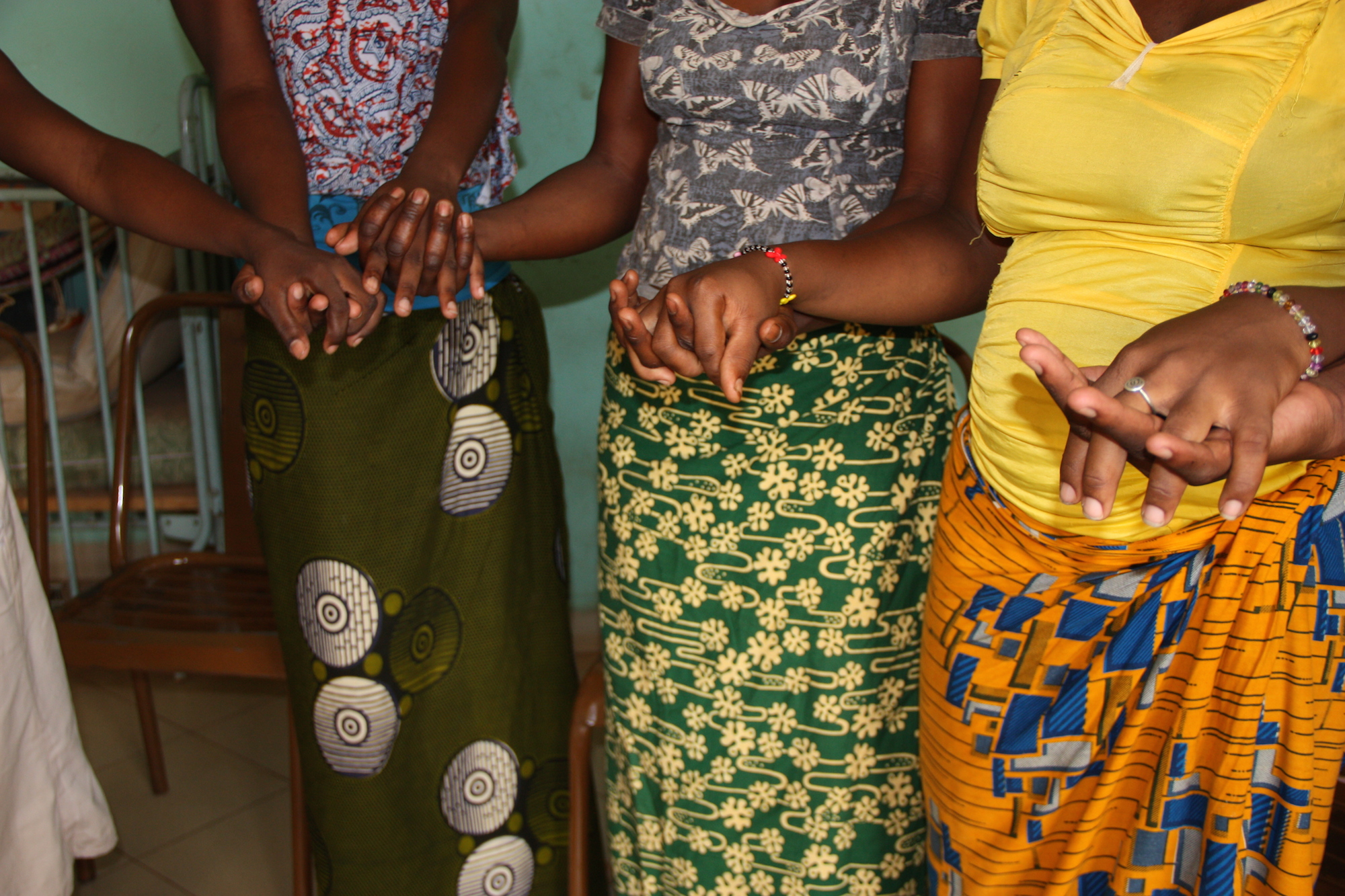
Young women hold hands in a shelter run by Nuns, these young women have courageously fled forced marriage or early and unwanted pregnancies. Ouagadougou. July 2014
Imagine not knowing that sex could make you pregnant. Imagine finding out how to prevent a pregnancy only after you’d had your third or fourth child.
Now imagine knowing about contraception but being refused it just because you don’t have permission from your partner or in-laws. And even if you have permission, with clinics and pharmacies so far away from where you live, you simply can’t afford the journey there, let alone the contraception itself.
This is the reality for many women and girls in Burkina Faso, where most are already married and have more than one child by the time they are 19. SEE THE REST OF THIS POST
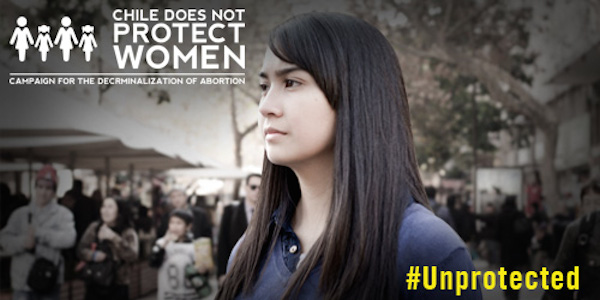
By Leah Schmidt, Identity and Discrimination Unit, Amnesty International USA
In July 2013, an 11-year-old girl became pregnant after having been raped repeatedly for two years by her stepfather. However, ending the pregnancy was not an option for her. In Chile, where she lives, abortion is outlawed in all cases, even in cases of rape and even for children. SEE THE REST OF THIS POST

(Photo Credit: Mladen Antonov/AFP/Getty Images).
By Adotei Akwei and Larissa Peltola*
After months of anticipation by the global community, the Department of State’s Country Reports on Human Rights Practices for 2014 finally arrived on June 25, a mere six months into 2015. This beguiling page-turner, which provides us with a summary of the state of human rights around the world, highlights virtually every country yet somehow manages to gloss over, or omit altogether, the human rights violations occurring in the United States (#closeGuantanamo).
Amnesty International USA, along with several other human rights groups, continues to welcome the reports as a potentially valuable roadmap to guide U.S. foreign policy. They offer a detailed look at the human rights situation in particular countries and often indicate developing political and human rights crises, but sadly, they have historically been ignored by the very government that produces them.
The Obama administration has repeatedly stated that human rights are a priority of its foreign policy. If that is the case, then we urge the administration to look at the reports of the countries flagged below and assess whether those countries should be receiving security or financial assistance, or whether supporting governments that treat people so poorly is a sensible investment of U.S. taxpayers’ dollars.
 It was only two decades ago that Ireland decriminalized homosexuality. Yet on May 22, people took to the polls and made Ireland the first country in the world to adopt marriage equality by a popular vote. The people of Ireland did not just make history with their vote to legalize same-sex marriage; they sent a resounding message of support for human rights by voting “yes” by a margin of two to one! When the Taoiseach (Prime Minister) of Ireland, Enda Kenny, announced the date of the referendum, he stated that it would illustrate Ireland’s reputation as a tolerant and inclusive nation, and after the vote, he proudly pronounced that Ireland was a “small country with a big message for equality.”
It was only two decades ago that Ireland decriminalized homosexuality. Yet on May 22, people took to the polls and made Ireland the first country in the world to adopt marriage equality by a popular vote. The people of Ireland did not just make history with their vote to legalize same-sex marriage; they sent a resounding message of support for human rights by voting “yes” by a margin of two to one! When the Taoiseach (Prime Minister) of Ireland, Enda Kenny, announced the date of the referendum, he stated that it would illustrate Ireland’s reputation as a tolerant and inclusive nation, and after the vote, he proudly pronounced that Ireland was a “small country with a big message for equality.”
Taoiseach Kenny should speak about the referendum with great pride, as it represents an enormous success for equality and LGBT human rights. But hidden in the shadows of Ireland’s most recent human rights accomplishment is the fact that it still has one of the world’s most restrictive abortion laws and that women in Ireland do not enjoy equal access to their full human rights.
 By Magdalena Medley, Development & Policy, International Coordination and Member Advocacy Assistant and Debbie Sharnak, Argentina Country Specialist
By Magdalena Medley, Development & Policy, International Coordination and Member Advocacy Assistant and Debbie Sharnak, Argentina Country Specialist
Argentina’s society will not tolerate losing one more woman to gender based violence. Not even one.
That is what the social media campaign #NiUnaMenos is all about. The hashtag #NiUnaMenos, meaning not even one less (woman) represents the support Argentinian society has for these victims and their families. As it went viral on Twitter we can see that they are not going to tolerate this type of violence, they will not stay silent. SEE THE REST OF THIS POST
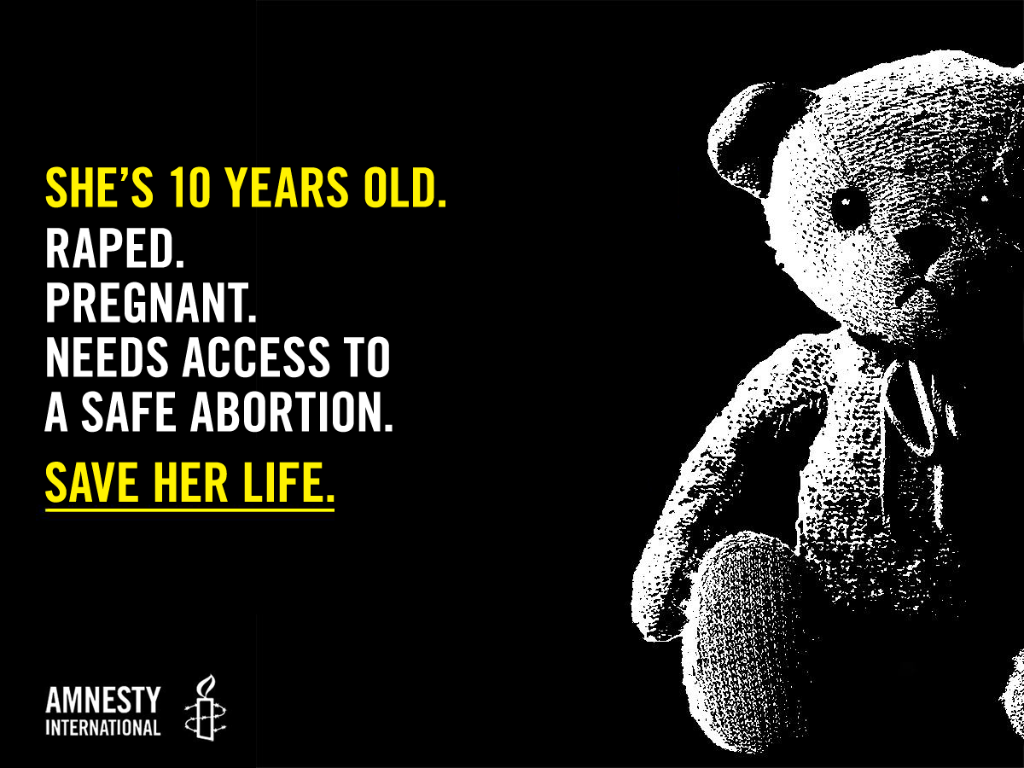
By Debbie Sharnak, Argentina-Paraguay country specialist
A ten-year-old girl and her mother arrived at a hospital in Asunción, Paraguay on April 21 with stomach pains. The doctors quickly discovered the cause of the discomfort—the girl was 21-weeks pregnant, the result of having been raped by her stepfather.
At such a young age, the pregnancy is considered high risk by the World Health Organization— child pregnancies are extremely dangerous for the health of the pregnant girl and may lead to complications and even death. Because the bodies of young girls are not fully developed to carry a baby, these pregnancies tend be high risk, and in Latin America, the risk of maternal death is four times higher among adolescents younger than 16 years old. SEE THE REST OF THIS POST
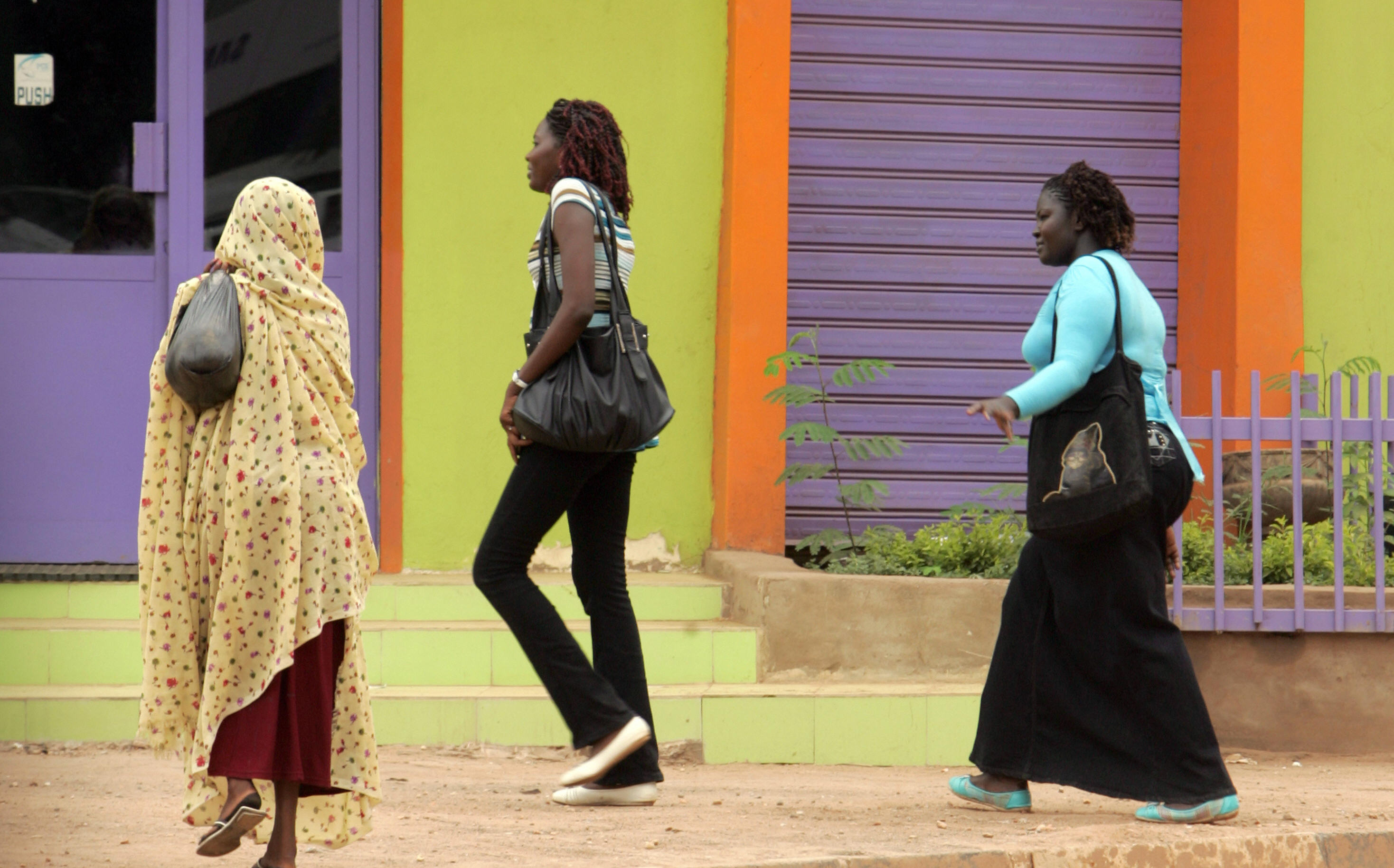
Three Sudanese women, one of them wearing trousers, walk on a main street in central Khartoum on September 8, 2009. The thousands of women who wear trousers every day all run the risk of a flogging if police decide their clothes are provocative. ASHRAF SHAZLY/AFP/Getty Images
By Amal Habani, Winner of Amnesty International USA’s 2015 Ginetta Sagan Award
In July 2009 when my colleague was arrested and tried for wearing trousers in Khartoum, I could no longer stay silent.
Women and girls in Sudan are constantly confronted with obstacles imposed by the public order regime that hinder their freedom of movement, their freedom of association, and their ability to make personal choices on a daily basis. As a Sudanese woman, I had always encountered these problems and as such, aspired to become a journalist to speak out for social change.
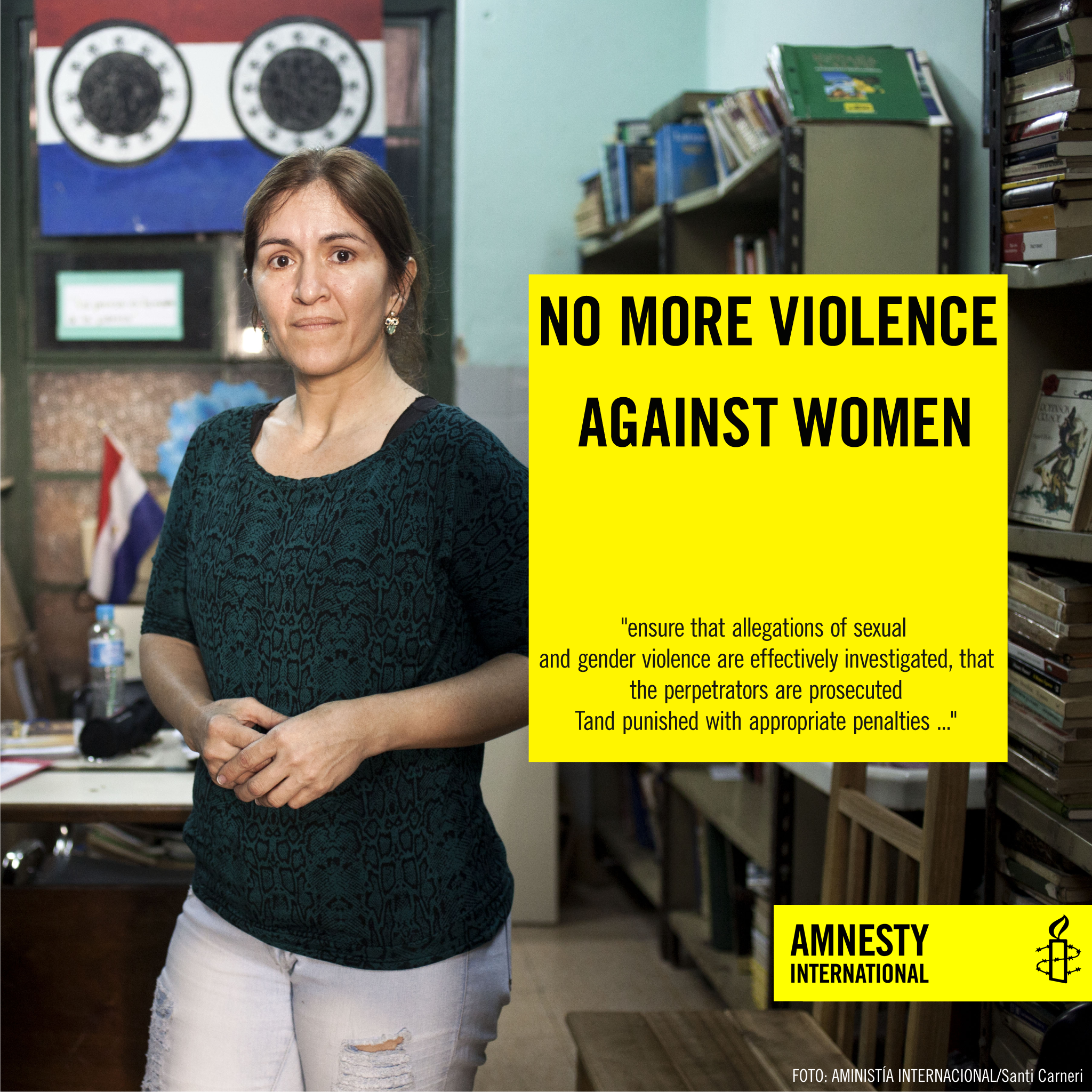
By Debbie Sharnak, Argentina-Paraguay country specialist
On August 27, 2014, Paraguay took a huge step forward in promoting the rights of domestic violence survivors when they released Lucia Sandoval from prison. Sandoval had been in jail for over three years on the charge of homicide after she defended herself against an abusive husband. SEE THE REST OF THIS POST
 This month we celebrated International Women’s Day on March 8 and the kick-off of the 59th UN Commission on the Status of Women (CSW). Both of these events happen every year. But this year is special.
This month we celebrated International Women’s Day on March 8 and the kick-off of the 59th UN Commission on the Status of Women (CSW). Both of these events happen every year. But this year is special.
2015 marks the 20th anniversary of the Beijing Declaration and Platform for Action, the landmark framework on women’s health and rights. This is where our rallying cry, “women’s rights are human rights,” originated (though the concept has been around a lot longer than 20 years!). It’s also the basis of our My Body My Rights campaign, which seeks to accelerate progress on comprehensive sexual and reproductive health and rights, issues that still have a long way to go. SEE THE REST OF THIS POST